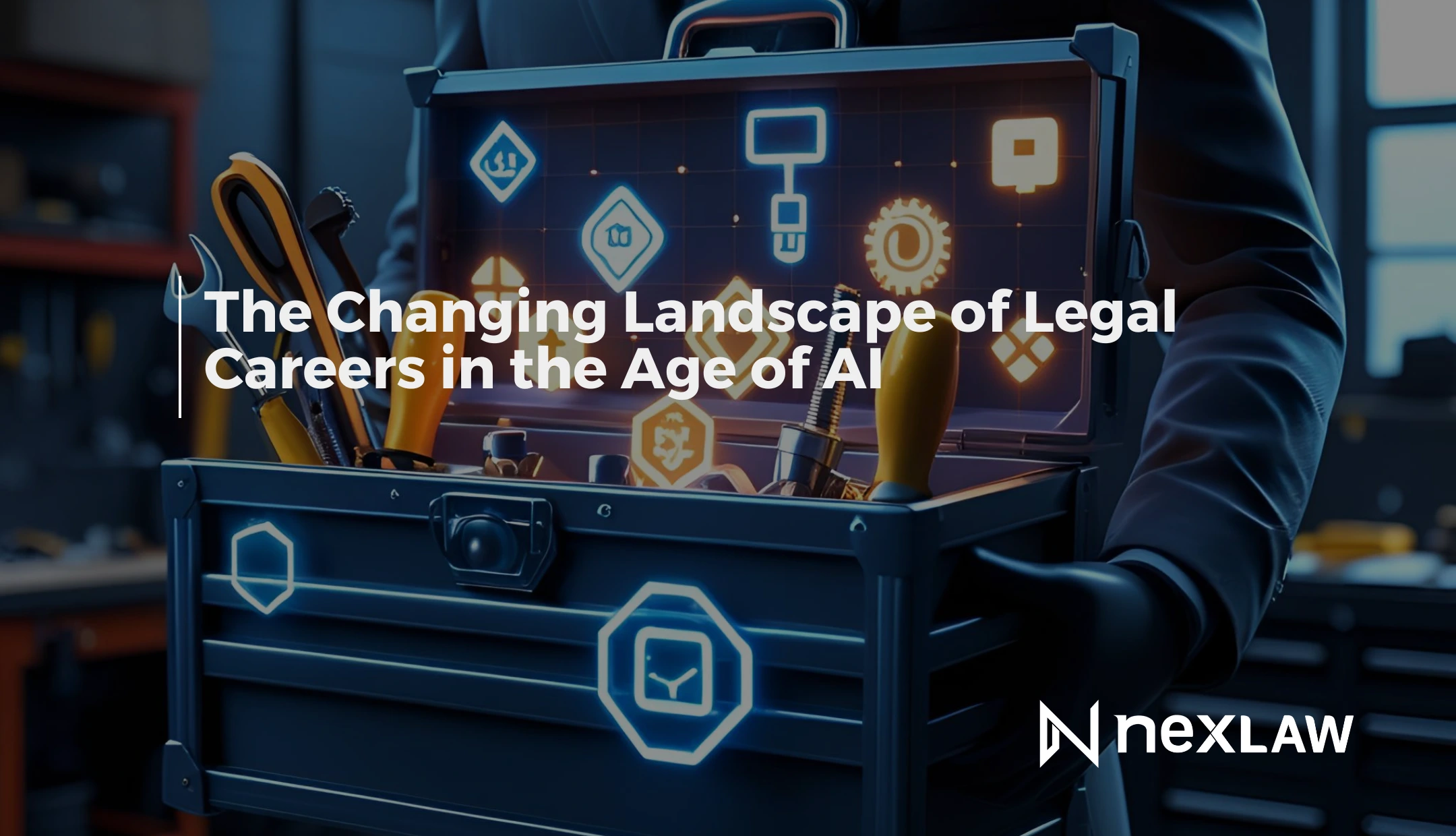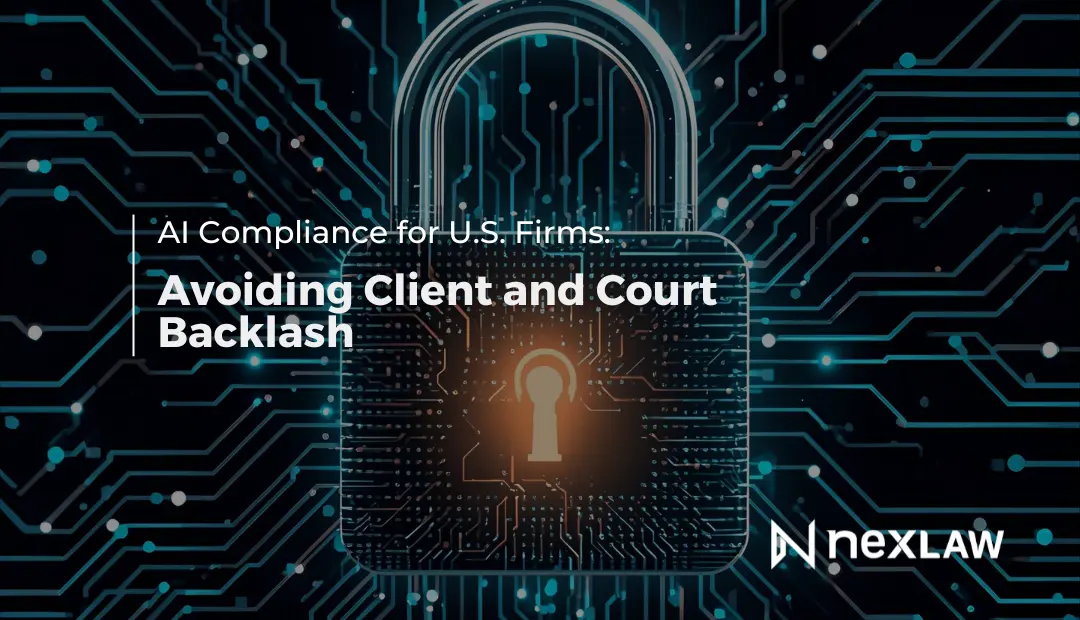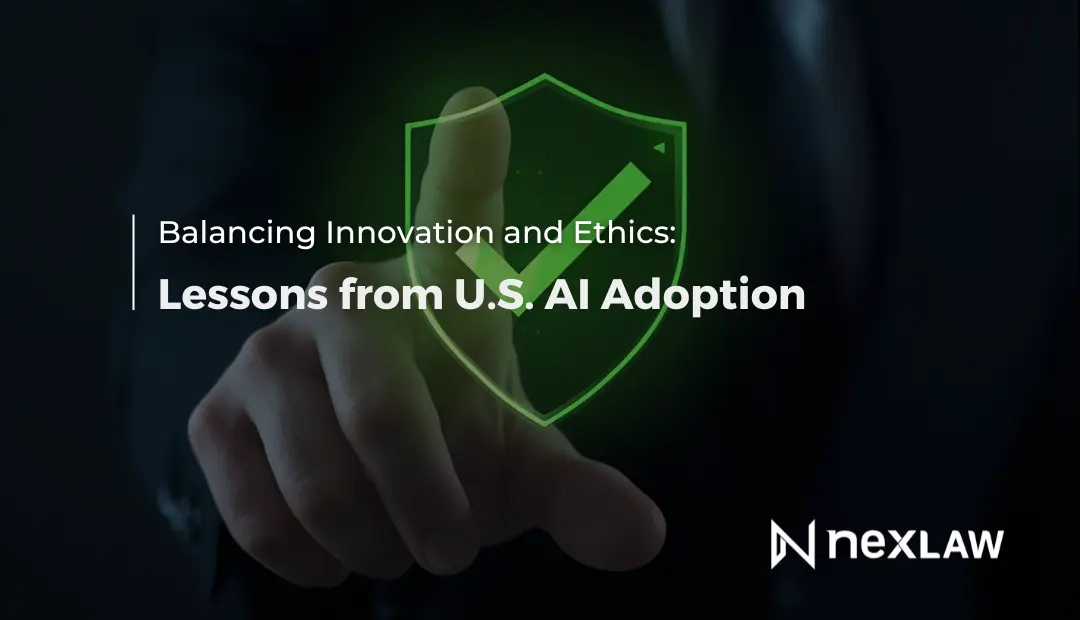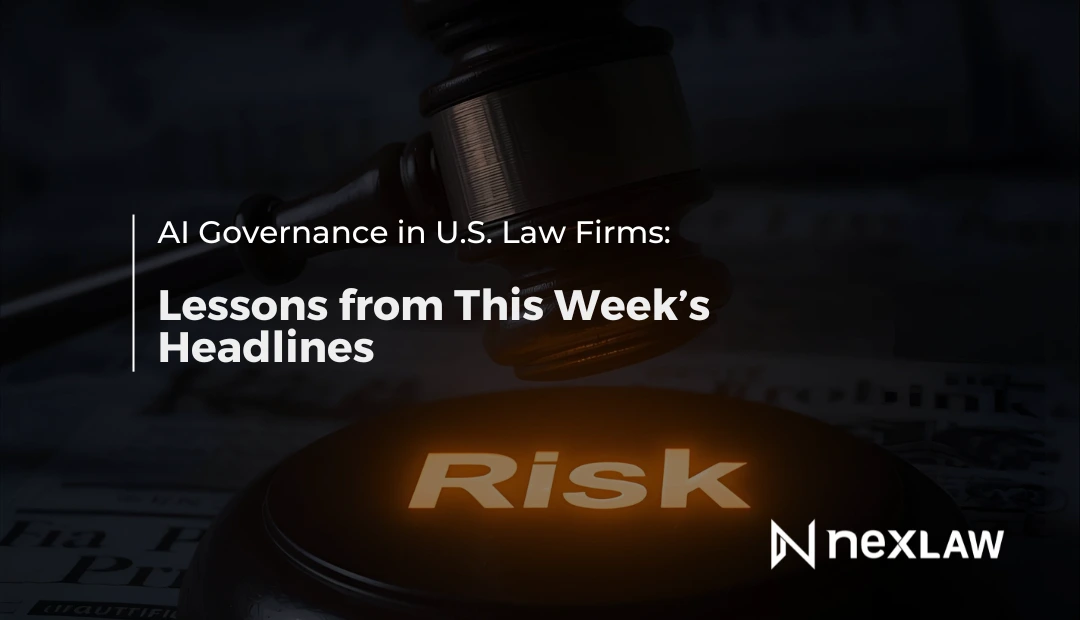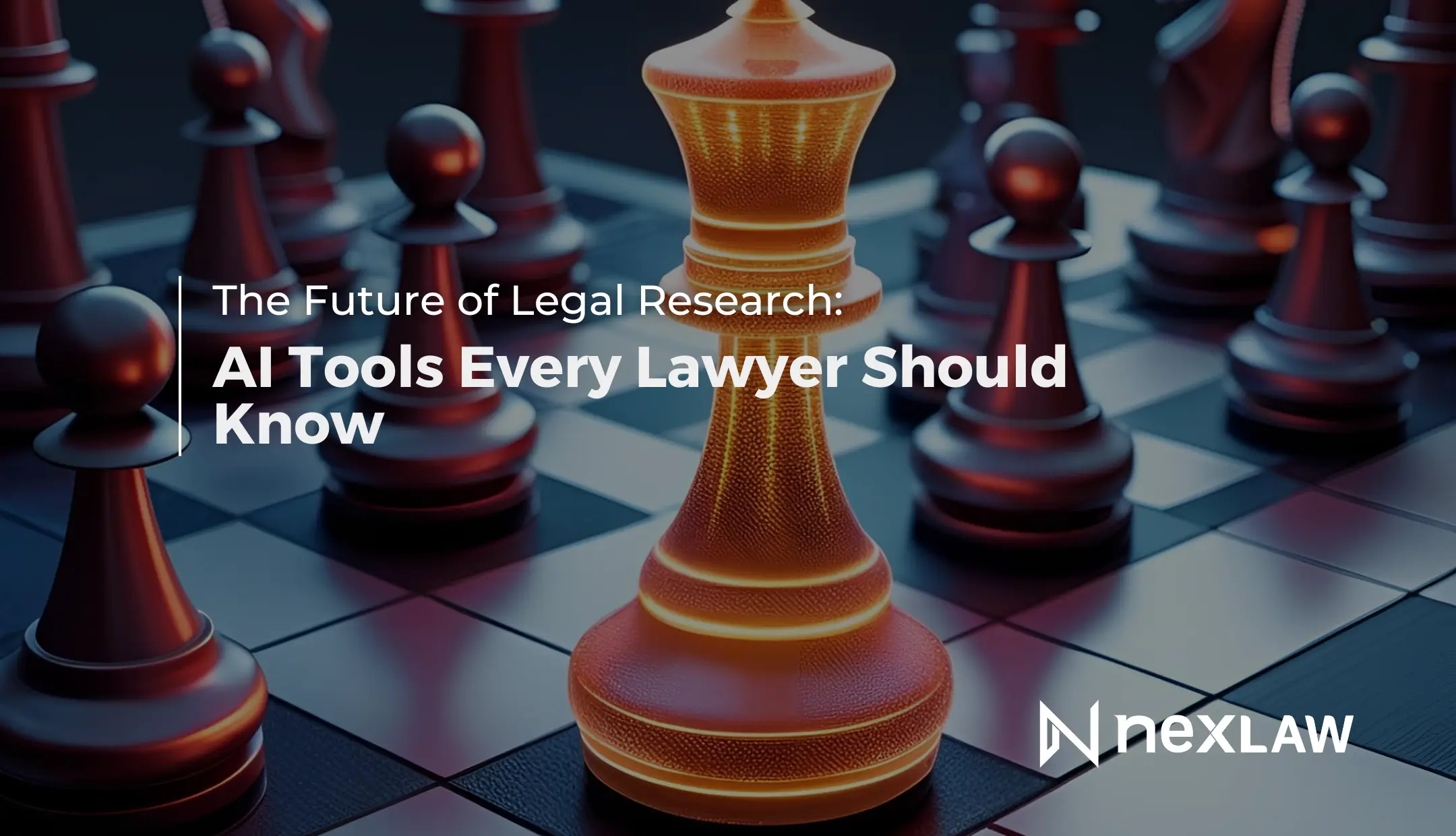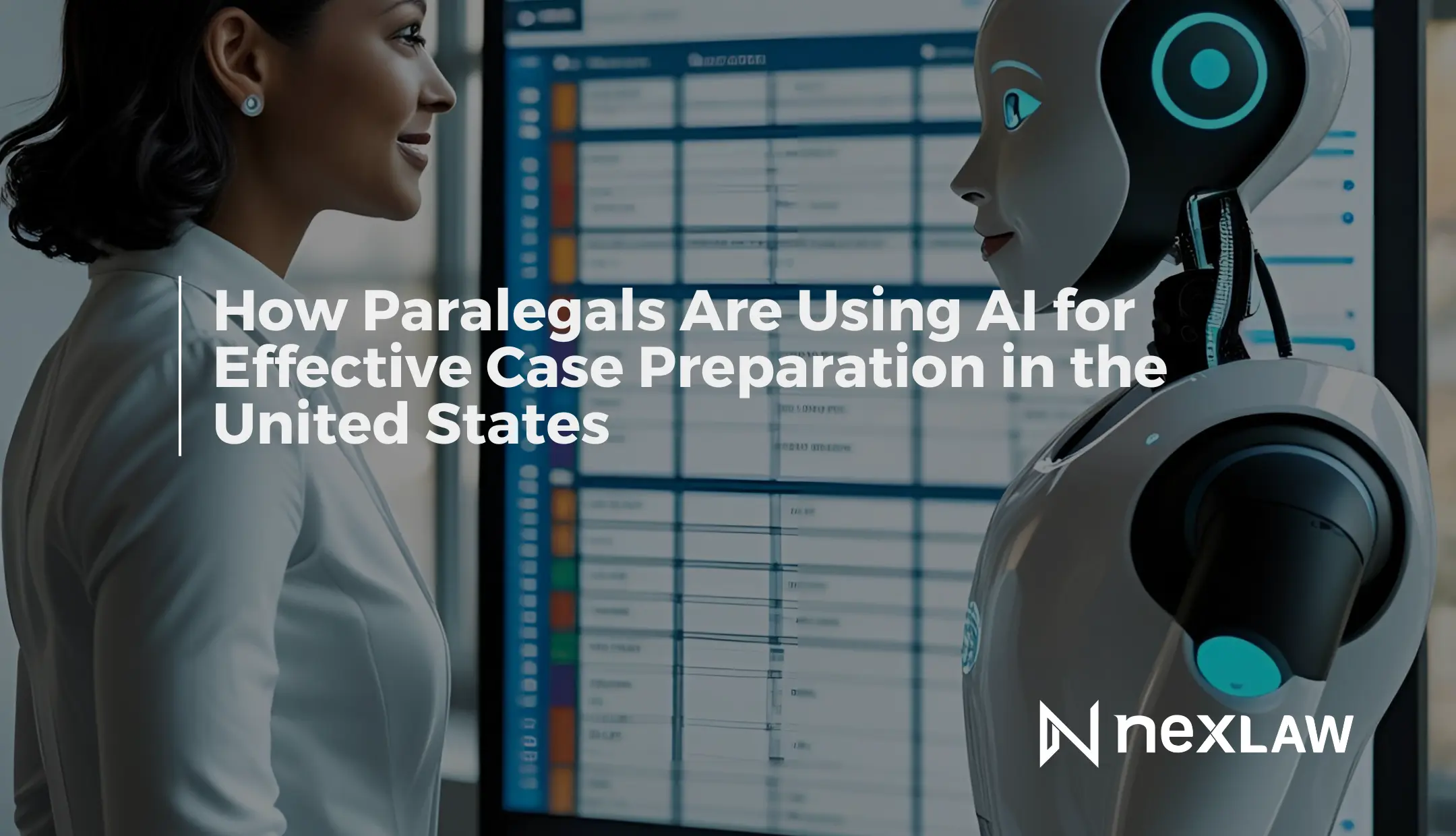The Changing Landscape of Legal Careers in the Age of AI
The legal profession in the United States is undergoing rapid transformation. Artificial Intelligence (AI) is no longer a concept of the future, it is actively reshaping how attorneys, paralegals, and pro-se litigants manage cases, conduct research, and deliver legal services. From streamlining case preparation to supporting decision-making, AI is creating new opportunities and changing traditional skill requirements across the profession.
While AI can automate routine tasks, human expertise remains central to strategy, judgment, and client advocacy. Understanding how to integrate AI responsibly is essential for professionals who want to remain effective and competitive.
Unlock Legal Insights Instantly!
AI-Driven Transformation in Legal Roles
AI adoption is expanding across law firms of all sizes. Common applications include legal research, document drafting, discovery, and strategic planning. The integration of AI is creating meaningful shifts across multiple roles:
- Lawyers and Attorneys: Automation of repetitive research and drafting tasks allows more time for client counseling, courtroom advocacy, and high-level strategy.
- Paralegals and Legal Assistants: AI tools assist with case preparation, document review, and legal research, helping support teams work more efficiently and accurately.
- Pro-Se Litigants: AI-driven platforms provide structured guidance and actionable insights, empowering individuals to manage cases independently when appropriate.
Key Areas Where AI is Shaping Legal Careers
1. Legal Research and Case Analysis
Traditional legal research can be time-consuming, requiring attorneys to review extensive case law, statutes, and precedent. AI-powered platforms can analyze large volumes of legal texts quickly, highlighting relevant information and trends to support informed decision-making.
Example: NexLaw’s AI Legal Assistant provides streamlined research tools, helping attorneys locate case law and supporting materials efficiently while maintaining oversight of all outputs.
2. Drafting and Document Review
Drafting contracts, motions, and pleadings requires precision and adherence to legal standards. AI can assist by reviewing documents, flagging inconsistencies, and suggesting improvements, allowing legal professionals to focus on strategy and interpretation.
NexLaw Advantage: Smart drafting assistance ensures documents are accurate and tailored to case needs. Paralegals and junior attorneys can focus on detailed review while senior attorneys concentrate on client engagement and strategic planning.
3. AI-Supported Decision-Making and Case Strategy
AI can help analyze patterns in legal outcomes, offering insights that support strategy development. While AI does not replace professional judgment, it provides additional information that attorneys can integrate into their planning and risk assessment.
Essential Skills for Legal Professionals in the AI Era
AI automates routine work, but human expertise remains indispensable. Legal professionals benefit from combining traditional legal knowledge with technical proficiency, including:
- Understanding AI Tools: Operating platforms effectively and interpreting outputs accurately.
- Data Literacy: Evaluating AI-generated insights to support professional judgment.
- Strategic Thinking: Applying AI recommendations appropriately within legal practice.
- Ethical Awareness: Maintaining professional responsibility while using AI tools.
Law schools and continuing education programs are increasingly integrating these competencies, ensuring attorneys are prepared to work responsibly with AI.
The Evolving Role of Paralegals and Support Staff
Paralegals and legal assistants are experiencing meaningful change with AI adoption. Tools like NexLaw help automate research, manage discovery, and analyze information efficiently. This allows paralegals to take on higher-value responsibilities, such as interpreting findings, advising attorneys, and supporting complex case preparation.
AI does not replace legal support staff; instead, it amplifies their expertise by reducing repetitive tasks and freeing them to focus on higher-level work that adds strategic value to the team.
Ethical Considerations in AI Adoption
Integrating AI into legal workflows raises important ethical considerations that U.S. legal professionals must address:
- Confidentiality: Client information must be protected. Platforms should offer secure storage, encryption, and controlled access.
- Bias and Accuracy: AI outputs should be reviewed carefully for reliability and compliance with legal standards. Professionals cannot rely solely on automated conclusions.
- Accountability: Lawyers remain responsible for all work produced, including AI-assisted outputs. Maintaining oversight and documentation is essential to meet ethical obligations.
NexLaw Compliance Features:
- Secure cloud architecture and encryption to protect client data.
- Transparent review and audit trails to demonstrate supervision.
- Alignment with U.S. legal ethics standards for data handling and professional responsibility.
Future Outlook: Legal Careers in 2025 and Beyond
AI technology is evolving rapidly, and the legal landscape will continue to change. Anticipated trends include:
- Greater Demand for AI-Literate Attorneys: Professionals combining technical and legal expertise will be highly valued.
- Expansion of Legal Tech Roles: Specialists such as legal data analysts and AI consultants may become integral team members.
- Enhanced Access to Legal Services: AI tools can support pro-se litigants and smaller law firms in managing cases more effectively, contributing to broader access to justice.
NexLaw: Empowering Legal Professionals
NexLaw provides secure, compliant AI tools designed to enhance efficiency and support strategic work in legal practice. Key features include:
| Feature | Benefit for Legal Professionals | Example Usage |
|---|---|---|
| AI Legal Research | Fast, intuitive insights from case law | Attorneys preparing motions |
| Smart Drafting Assistance | Reduces errors and saves time | Paralegals drafting contracts or pleadings |
| AI-Supported Case Insights | Data-informed decision support | Strategy development |
| Compliance & Security | Protects client data and maintains ethical standards | Secure case management |
| Workflow Integration | Streamlines daily tasks | Managing ongoing litigation efficiently |
By providing tools that emphasize oversight, security, and transparency, NexLaw allows attorneys, paralegals, and pro-se litigants to focus on high-value work without compromising compliance or ethics.
Conclusion
The legal profession is undergoing profound transformation driven by AI. Routine tasks are increasingly automated, but human expertise remains central to strategy, ethical judgment, and client advocacy. Legal professionals who adopt AI responsibly gain efficiency, improve accuracy, and maintain a competitive edge.
By understanding AI’s capabilities, developing relevant technical skills, and leveraging secure platforms like NexLaw, attorneys, paralegals, and litigants can thrive in an era of rapid change. AI is not replacing legal careers, it is enhancing them.
NexLaw is designed to help paralegals and attorneys prepare cases more efficiently, with greater accuracy and strategic insight.
Book a Guided Demo — See how NexLaw fits seamlessly into your practice and transforms your workflows.
Start a Free 3-Day Trial — Explore NexLaw risk-free and experience firsthand how AI can enhance efficiency, accuracy, and client satisfaction.
GET 15% OFF for annual plans using promo code: ANNIV15MONTHLY or ANNIV15ANNUALY
*t&c applied | visit our website for more details
With NexLaw, the future of litigation is here - AI-powered, accurate, and accessible.
